Raila to Lead Saba Saba Rally at Kamukunji in Strategic Political U-Turn
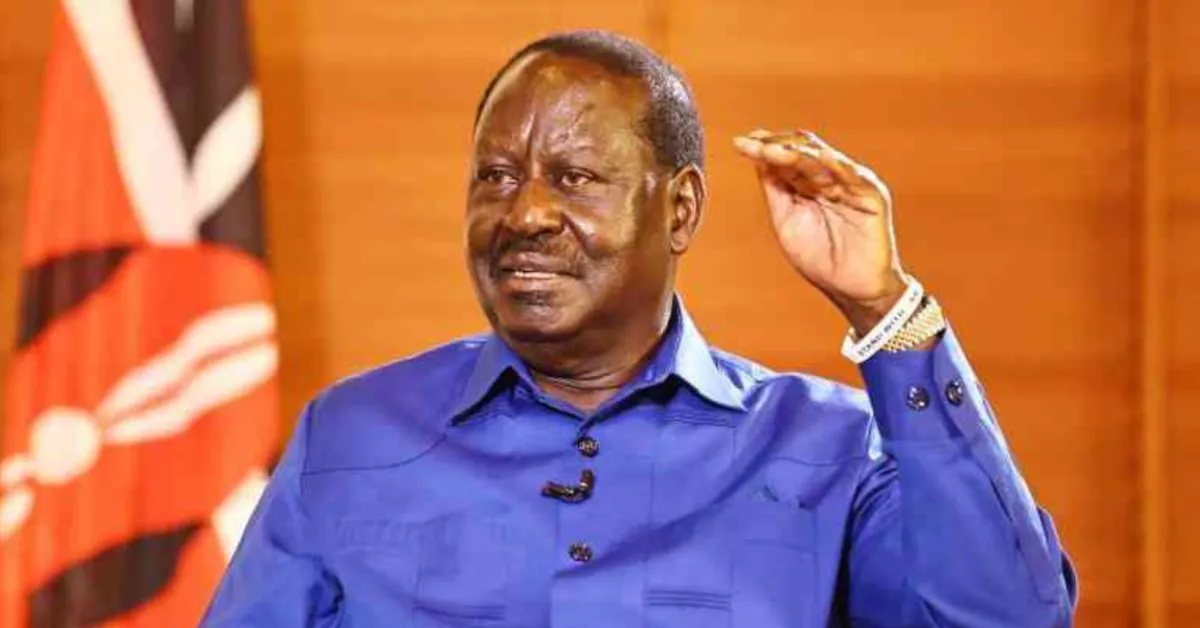
Kenya is on edge as the 35th anniversary of the Saba Saba protests approaches, coinciding with heightened political tensions fuelled by opposition leader Raila Odinga's planned return to Kamukunji Grounds on Monday.
The anniversary marks a pivotal moment in Kenya's history, recalling the 1990 demonstrations that spurred the nation's transition to multiparty democracy. Raila's announcement signals a notable shift in his strategy, aligning him more closely with the youth-led demonstrations that have recently challenged the government. The Orange Democratic Movement (ODM) leader has declared his intention to attend a commemorative rally at Kamukunji, the original site of the Saba Saba protests.
"My idea is to call the people and go to Kamukunji, the first place where Saba Saba took place. I will be attending the Saba Saba at Kamukunji to remember those who were killed," Raila said, framing the event as a tribute to those who died fighting for political reform.
This announcement represents a departure from Odinga's earlier stance, where he had appeared to distance himself from the recent wave of activism spearheaded by Generation Z. While expressing moral support for the youth's demands for accountability and reform, Raila previously refrained from direct involvement. His renewed engagement suggests a strategic recalibration, potentially influenced by criticism of his perceived detachment from the current protests.
Over the weekend, during a church service, Raila intensified his criticism of the government's response to dissent, particularly the use of force against peaceful demonstrators. He commended the resilience of young protesters, asserting, "I have seen Gen Zs being teargassed. Continue receiving them and tell them that you will not surrender. They told me to sit at home after having done enough. I am at home but fully behind you."
Raila has also reiterated his longstanding call for a national dialogue to address Kenya's persistent political and economic challenges. He identifies critical issues such as youth unemployment, corruption, tribalism, nepotism, and systemic exclusion as requiring urgent attention.
"What this country now requires is a serious, comprehensive dialogue that will be able to fix all the things that have gone wrong," he said.
In addition to his political demands, Raila criticised the police for their heavy-handed tactics against protesters, demanding an immediate end to brutality against unarmed citizens. He also criticised religious leaders, accusing some of aligning themselves with the government and failing to provide moral leadership.
"The church must stand with the children and the people of this country. That moral authority is what is lacking today," he asserted.
Raila also addressed public service ethics, condemning the practice of civil servants engaging in private business, arguing that such dual roles compromise integrity and governance. Responding to the planned protests, Interior Cabinet Secretary Kipchumba Murkomen issued a stern warning, urging demonstrators to remain peaceful and cautioning that law enforcement would respond firmly to any acts of violence or destruction.
Speaking at Mwanika Catholic Church in Meru County, Murkomen said, "The police should be as peaceful as doves when dealing with Kenyans. However, they should be ruthless with criminals and violent protesters who want to destroy our country."
Murkomen defended the police against criticism, arguing that blame for unrest often lies with those who exploit protests for political gain. He affirmed the government's commitment to maintaining order and protecting public property, referencing the damage caused during the June 25 demonstrations as unacceptable.
"Most people are blaming the police, yet the demonstrators are often the source of the lawlessness. There are people using violence to play politics. Let us reject such leaders and only support those who present their agenda peacefully," he said.
Murkomen invoked the legacy of former officials, like the late John Michuki, praising their firm stance against criminal gangs and warning that leniency could jeopardise national stability.

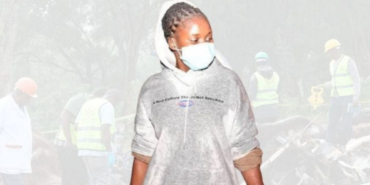
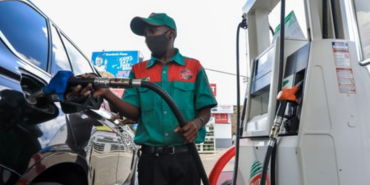
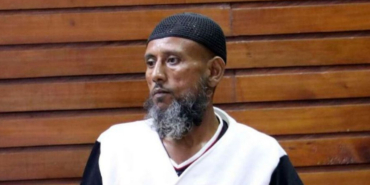
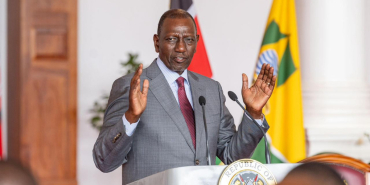
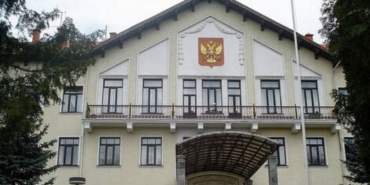
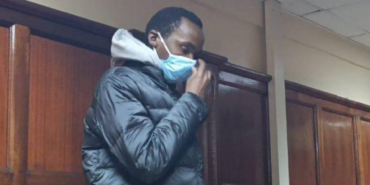
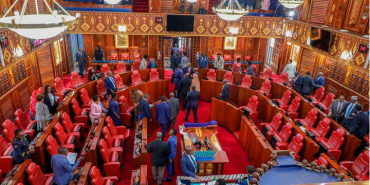
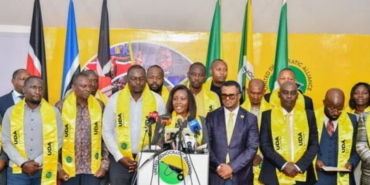
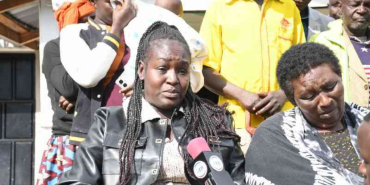




Add new comment